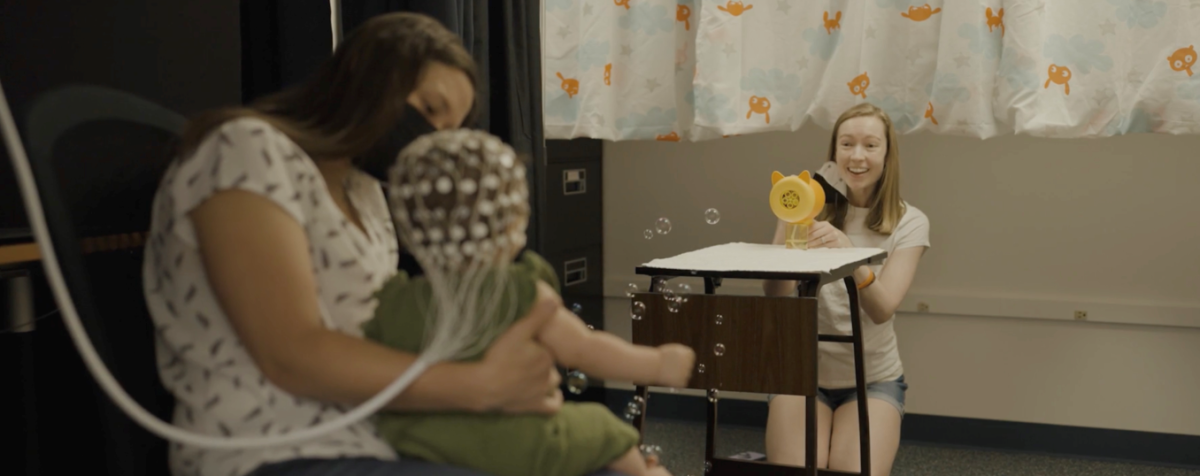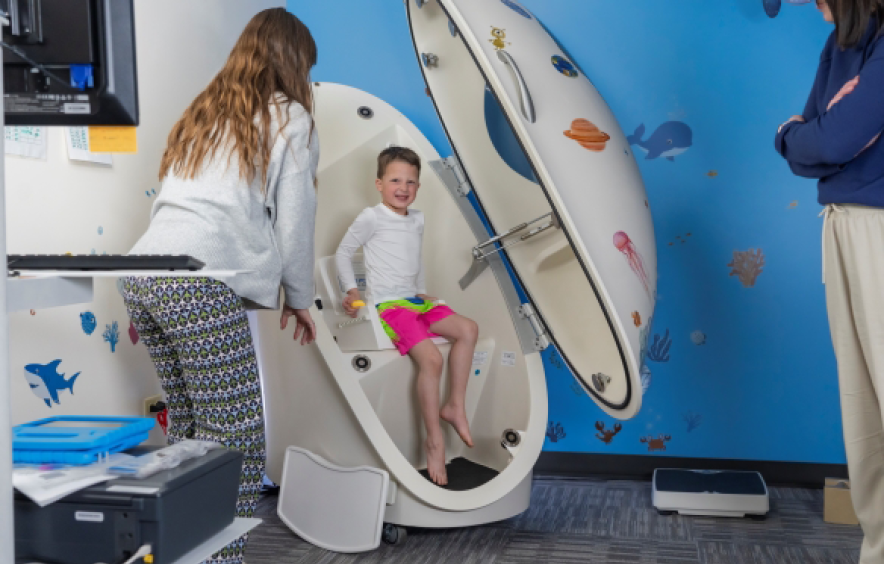As SEED faculty develop and identify interventions that build resilience and interrupt the negative consequences of early adversity or children and families, we will make those programs sustainable in the community. These programs will include a vibrant research arm that allows us to continue generating new knowledge while also providing rich learning experiences for students.
We have two programs targeted under Seeding Success. MotherWise focuses on reducing the risk that women face for violence, relationship problems, family instability and stress, both during pregnancy and just after a baby is born. The first program of its kind in metro Denver, MotherWise's six-week workshops support women in building practical life and relationship skills that empower them and their families to thrive during this critical stage.
The MotherWise vision – Healthy Relationships, Thriving Families – guides the overall project and measurable outcomes. With initial grant funding from a Healthy Marriage and Relationship Education grant from the Administration for Children and Families (ACF) at the U.S. Department of Health and Human Services, MotherWise will be a sustainable community program that simultaneously invests in high-quality research to advance SEED knowledge by 2020.
The Care Project provides assistance during pregnancy for mothers experiencing distress during the prenatal period. The goal of the Care project is to provide support during pregnancy and reduce mom's distress with the goal of improving both mother and baby health.
The Care Project is a large randomized control trial funded by the National Institute of Mental Health that looks at whether helping moms with feelings of sadness or depression during pregnancy can benefit mom and baby. We are looking to see if helping moms with these feelings during pregnancy can benefit baby's development as well. We follow moms throughout pregnancy and into their baby’s first 18 months of life.
Learn More About MotherWise
Learn More About The Care Project






